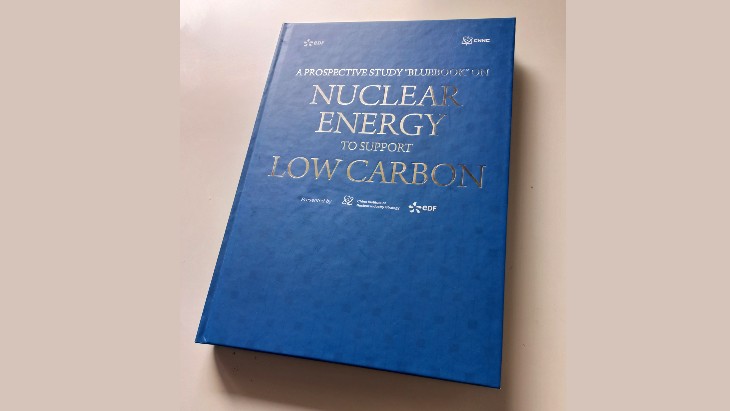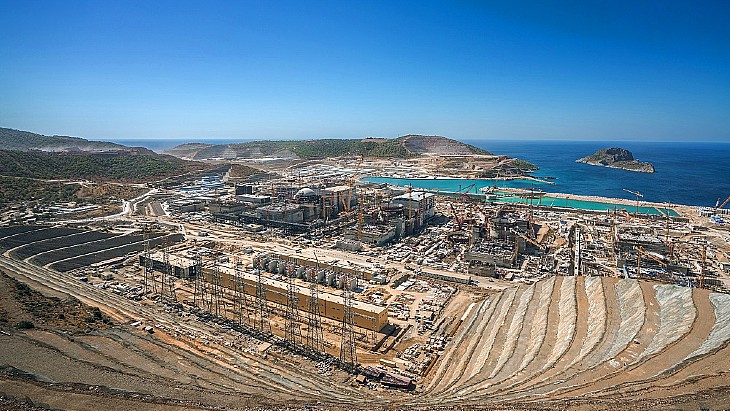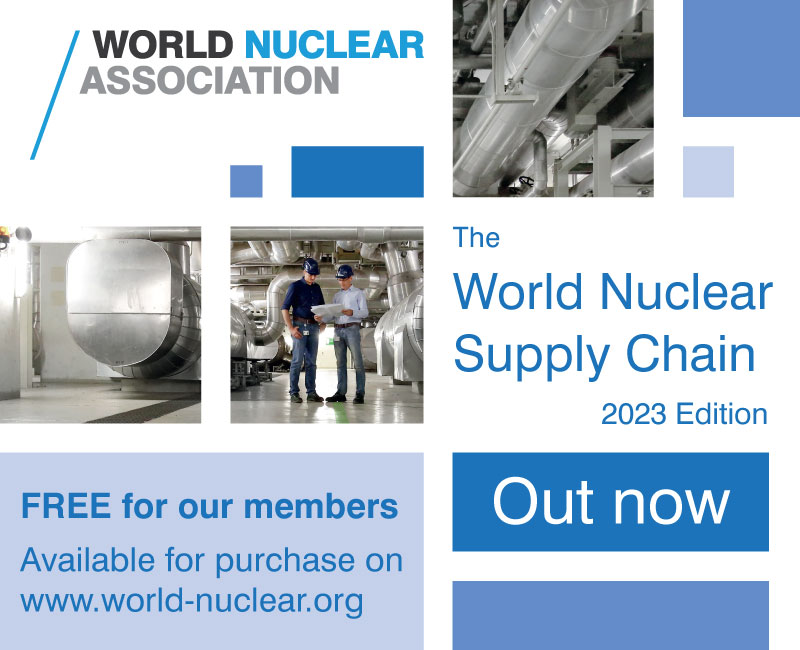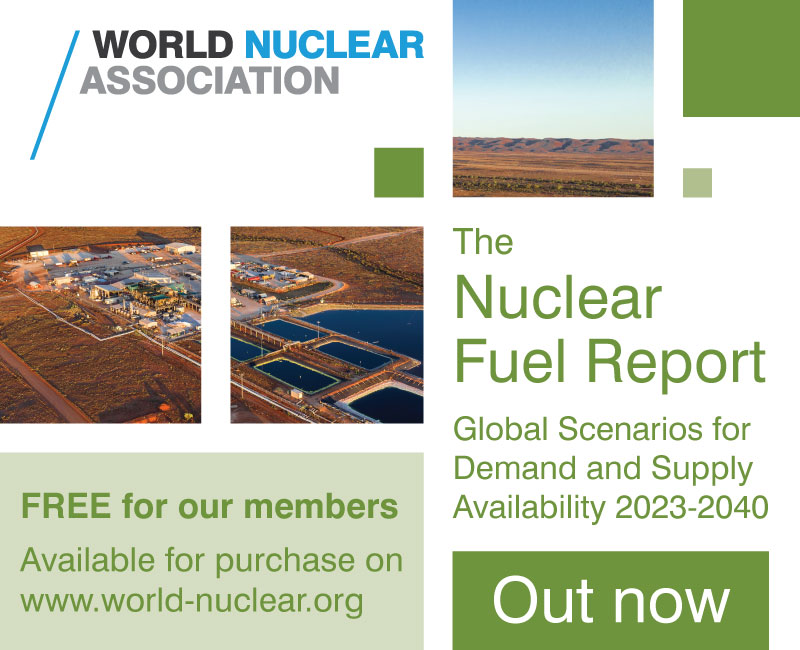Tepco says it may scrap Kashiwazaki-Kariwa units
.jpg)
In June 2017, Sakurai requested Tepco submit a decommissioning plan for at least of one of Kashiwazaki-Kariwa units 1-5 within two years as a precondition for approving the restart of units 6 and 7.
Yesterday, Tepco submitted a report setting out the basic policy for the restart of the operation and decommissioning of units at the Kashiwazaki-Kariwa plant.
"In order for Tepco to accomplish its fundamental mission as an electric utility in natural resource-deprived Japan, or in other words, to provide a stable, inexpensive, and low-CO2 emissions source of energy to the customer, we must leverage diverse energy sources to form a power mix that ensures stability, is economically feasible, and conserves the environment, while prioritising safety," Tepco told the mayor.
"In order to achieve this objective, Tepco believes that in addition to further promoting the use of renewable energies it will also be necessary to leverage nuclear power into the future. Within the next 10 years, Tepco seeks to develop 2-3 million kW of renewable energy that centres on wind power, and recommence the operation of nuclear power plants with the intention of leveraging them to the fullest."
The company said that at the current time it cannot predict when it will be able to secure non-fossil fuel power sources of sufficient scale to meet long-term demand. "Therefore, Tepco believes that at the current time Kashiwazaki-Kariwa units 1-5 are necessary for providing a stable supply of inexpensive, low-CO2 electricity."
However, Tepco said that when it is able to predict when it can secure sufficient non-fossil fuel power sources, "decommissioning of one or more of units 1-5" will be an option, within five years of the restart of units 6 and 7.
"We will continue our initiatives based upon this basic approach and brief the mayor on progress and changing circumstances during regularly scheduled opinion exchanges while also listening to his opinions and requests," the company said.
Sakurai said the Kashiwazaki City will decide whether to accept Tepco's plan after hearing the views of assembly members and residents, Japanese broadcaster NHK reported.
Kashiwazaki-Kariwa was unaffected by the March 2011 earthquake and tsunami which damaged the Fukushima Daiichi plant, although the plant's reactors were previously all offline for up to three years following the 2007 Niigata-Chuetsu earthquake, which caused damage to the site but did not damage the reactors themselves. While the units were offline, work was carried out to improve the plant's earthquake resistance.
Although it has worked on the other units at the Kashiwazaki-Kariwa site, Tepco is concentrating its resources on units 6 and 7 while it deals with the clean-up at Fukushima Daiichi. Restarting those two Kashiwazaki-Kariwa units - which have been offline for periodic inspections since March 2012 and August 2011, respectively - would increase the company's earnings by an estimated JPY100 billion (USD943 million) per year.
In December 2017, the Nuclear Regulation Authority announced that units 6 and 7 of the Kashiwazaki-Kariwa plant meet Japan's revised regulatory standards. They were the first of the country's boiling water reactors determined to meet the standards.
Tepco expects to complete safety upgrades at the two units by December 2020. At units 1-5, the utility is examining compliance with the new regulatory requirements "based upon the content of inspections of units 6 and 7".
Following the March 2011 accident at the Fukushima Daiichi plant, the start of construction of unit 1 of Tepco's Higashidori plant was deferred from the original April 2011 date. Tepco said it is "moving forward with geological surveys in order to further improve safety as we aim to form a basic framework of cooperation with other operators by FY2020."
_49833.jpg)
_59102.jpg)











